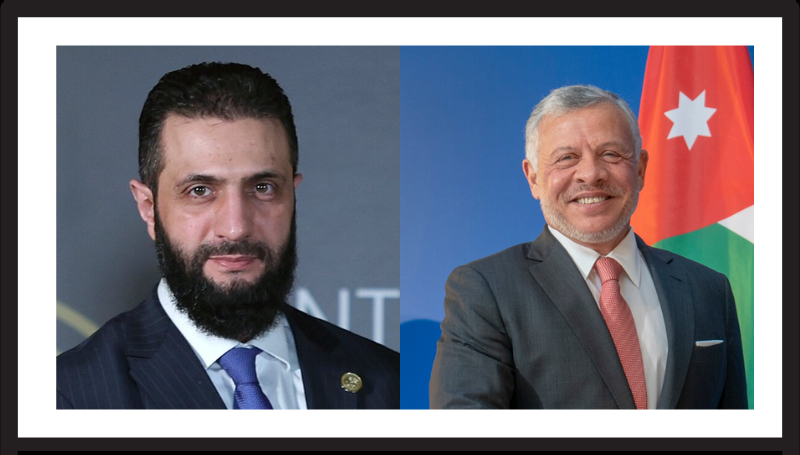Seth J. Frantzman
Jerusalem Post, July 15, 2025
“If anything, the Jordanians likely back the Bedouin tribes who clashed with the Druze. However, Jordan doesn’t want any radicalization.”
The Kingdom of Jordan said it welcomed the announcement of a ceasefire in the southern Syrian area of Sweida after days of clashes between the Syrian government and the Druze minority, although the fighting is still continuing. The clashes began when Druze clashed with local Bedouin tribes. Syria has a complex relationship with Jordan. It wants stability, but it is not clear if the kingdom will help it to become more stable.
The “Jordanian foreign ministry welcomed Tuesday the ceasefire decision in the province of Sweida, southern Syria, affirming its support for the Syrian state in preserving its sovereignty,” Syria’s state media noted. Jordanian state media Petra News noted that the foreign ministry’s spokesperson, Ambassador Dr. Sufian Qudah, “emphasized the need for calm and restraint, to prevent further bloodshed, enforce law, and ensure that the Syrian state exercises full sovereignty over its territories.”
SANA, the state media in Syria, noted that the Jordanian spokesperson “reiterated Jordan’s support for the Syrian government’s efforts to rebuild the country on foundations that guarantee its security, stability, unity, and sovereignty, while preserving the safety, rights, and security of all Syrians.”
These are very general comments indicating that Amman is reticent to say much about what is happening right across the border. It’s important to understand the context here. Northern Jordan is populated by many people who have larger tribal connections to southern Syria. This is particularly true in Irbid, Ramtha, and other areas near Syria’s Daraa province.
During the Syrian civil war, many hundreds of thousands of Syrians fled to Jordan. They were welcomed to some extent. Some ended up in large refugee camps such as Zaatari. When the Syrian regime pushed Syrian rebels out of Daraa in 2018, there were calls for the refugees to go back. Some of them returned and then found themselves forcibly recruited to the army of Assad’s regime. In December 2024 the Assad regime fell. …SOURCE


